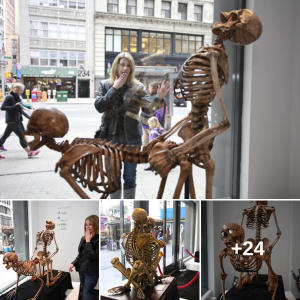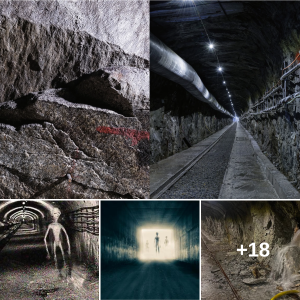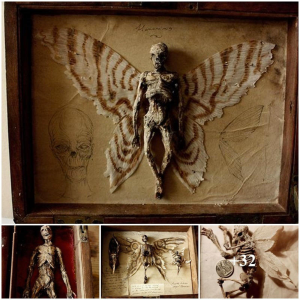Roman burials have been unearthed in Urbania (in the Province of Pesaro e Urbino in the Italian region of Marche), in the locality of Muraglione, during excavation works for the installation of sewerage works, according to an announcement by the Soprintendenza Archeologia Belle Arti e Paesaggio of Marche Nord.

The Roman burials constitute a small group of four tombs, perhaps to be connected to a Roman farm for the agrarian exploitation of the territory, datable to the first centuries of the Imperial Age (1st-2nd century AD).
The area where the discovery was made was already known for other Roman finds in the 80s, as well as for the recovery of some funerary epigraphs in the 16th century.

The graves that have been found are partly damaged by the construction of some nineteenth-century structures, perhaps connected to the old railroad track, but the careful archaeological excavation has allowed researchers to identify a remarkable variety of funerary rituals.
Some deceased were buried and others cremated, said the Superintendence. “The burials are lined with both flat and curved terracotta roof tiles.

Among the graves is a well preserved bustum, a rectangular pit prepared for the direct cremation of the deceased on the pyre, with the walls burnt and reddened by fire, around which a coffin made of roof tiles was made and a “libation channel” using an overturned and sawn amphora placed above.”
“This particular structure was used during the rituals for offerings or libations that represented the symbolic meal offered to the deceased, and which were poured directly inside the burial through this channel,” the statement explained.

Very similar ritual structures were also found in Urbino, at the outskirts of Croce dei Missionari during excavations in the ’70s and 2005.
The recovered finds have been secured and removed with all necessary precautions and are currently kept in the storerooms of the Ducal Palace of Urbania.





